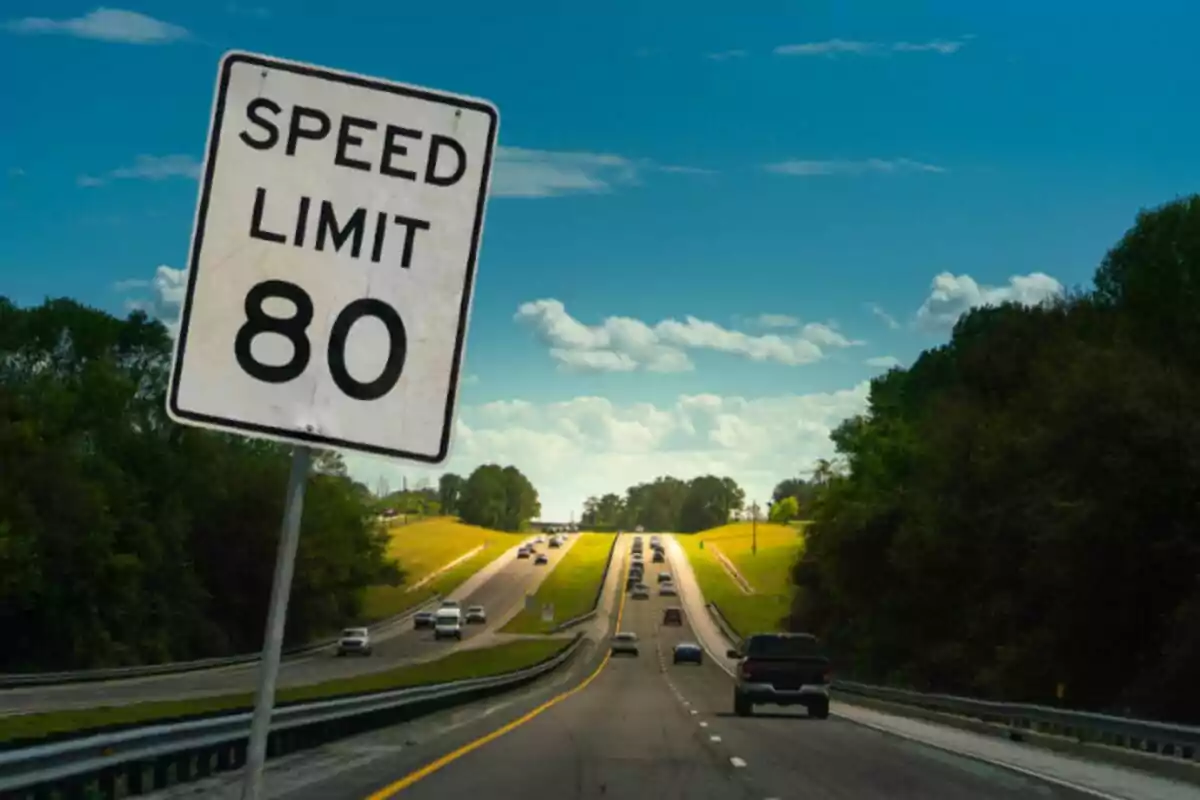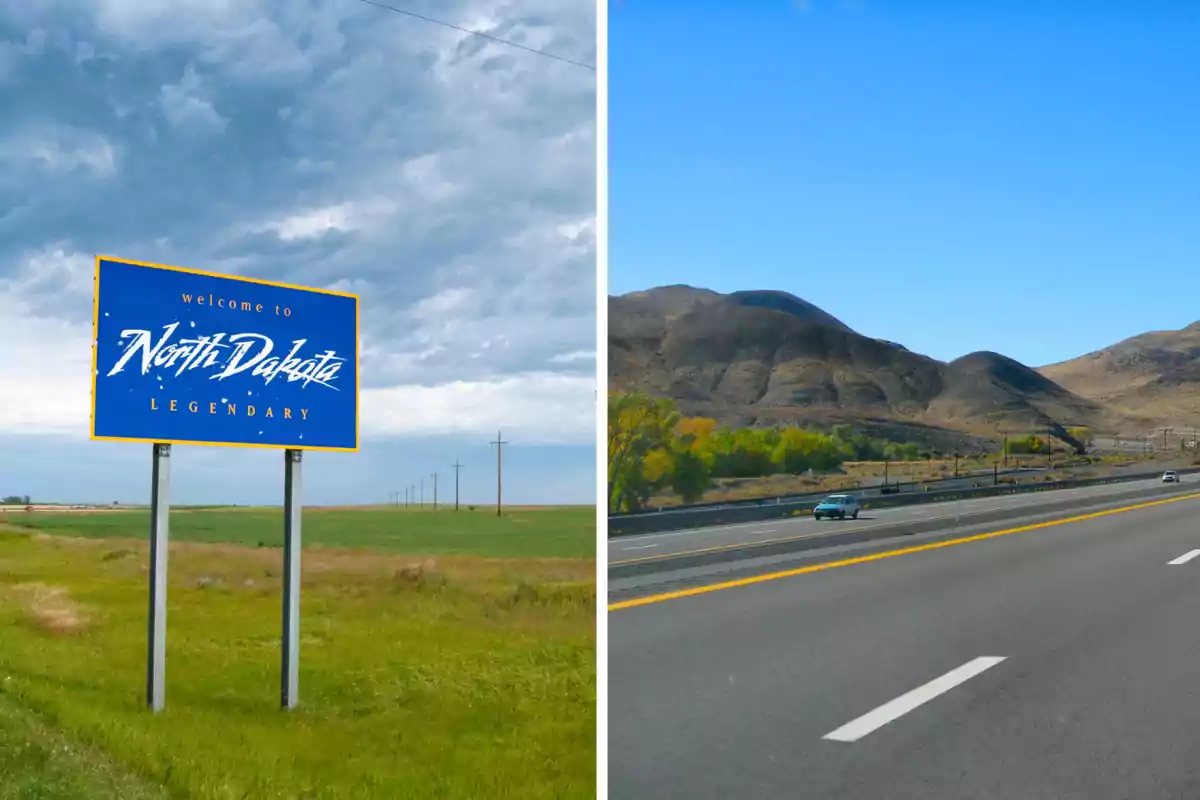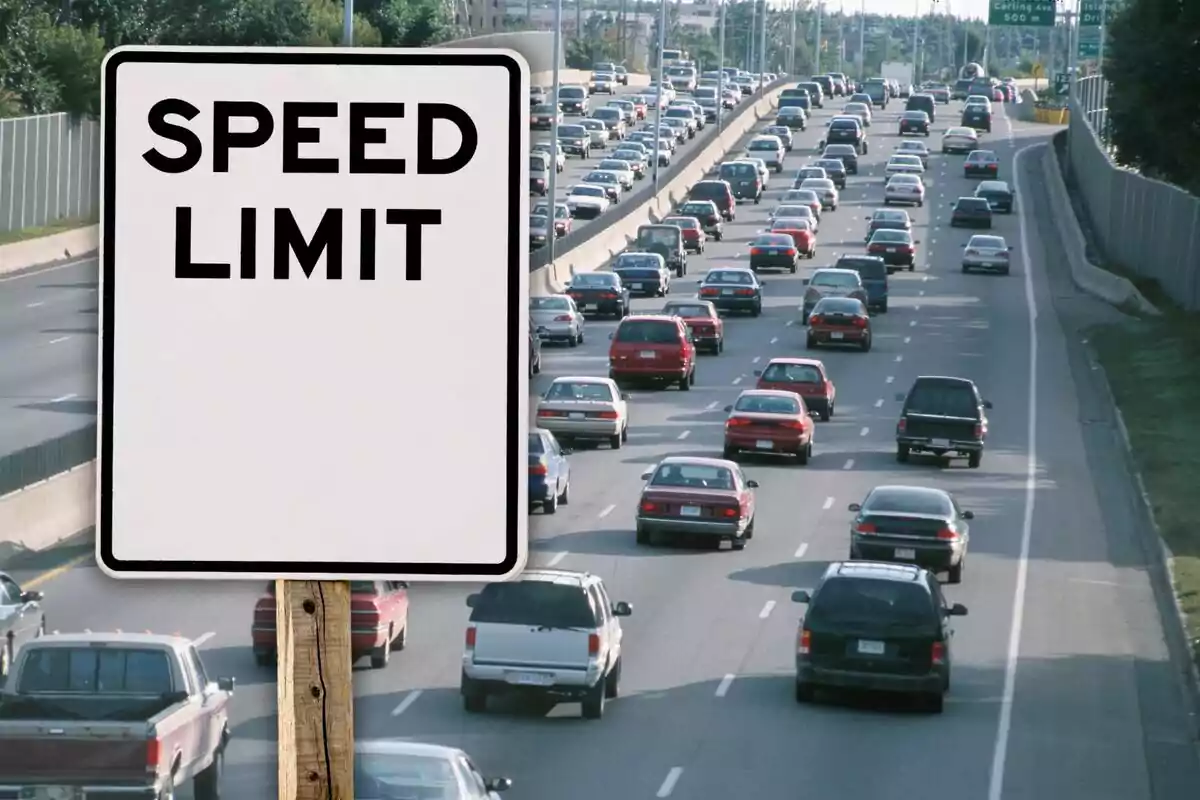The speed limit on highways in several states across the United States has always been a highly debated topic. The absence of a federal law on this issue has left each region to decide its own regulations, a fact that has led to discrepancies.
In this context, North Dakota is joining a group of states that have chosen to increase the speed limit. Starting August 1, the limit will be 80 mph (129 km/h) on interstate highways, a measure that follows changes implemented by neighboring states.

Legislative changes in North Dakota
The legislation that raises the speed limit in North Dakota was approved a few days ago, after two failed attempts. The new law, which will take effect next August, establishes that interstate highways will allow speeds of up to 80 mph (129 km/h), matching the limits in South Dakota and Montana.
This decision was made with the goal of keeping up with nearby states, where this higher limit has already been implemented. However, the measure hasn't been free from controversy, since while many celebrate the change, others fear that it could increase the rate of serious accidents.

Increase in accidents or better compliance?
Concerns about accidents have been a recurring topic in discussions about this law. In states like South Dakota and Montana, where the limit is already 80 mph (128 km/h), some studies indicate that the increase in speed hasn't caused a rise in accidents. Nevertheless, authorities have expressed concern about possible negative consequences.
To mitigate the risks, the new legislation also includes an increase in fines for speeding. Drivers who exceed the established limits will see increased penalties, which could deter many from driving at dangerous speeds.

In addition to raising the speed limit, North Dakota's government has decided that fines for exceeding the limit will also increase. According to the new law, all drivers who exceed the established speed limit on roads with a maximum of 65 mph (105 km/h) will have to pay an additional fine. The amount will be $20 or $5 for each mile over the speed limit.
Penalties are more severe when the limit is exceeded on roads with a 16 mph (26 km/h) limit, which means an even higher fine. These measures aim to balance the increase in speed with greater responsibility on the part of drivers.
A measure with an eye on the future
North Dakota's governor, Kelly Armstrong, justified the measure by stating that this change is necessary to stay aligned with neighboring states. In his words, "this bill achieves a reasonable balance by matching North Dakota's speed limit with that of two of our three neighboring states."
Despite the benefits of the measure, authorities are also closely monitoring the impact on road safety. The increase in fines could help reduce the risks associated with this new limit.

